2-5. Once again. Counting 10 days after the night when Betelgeuze (*88) had
been at the Full Moon (Hotu) we will find the first place
in the E text where Metoro mentioned kikiu:
|
Dec 16
(350) |
*10 |
Dec 26
(178 + 182) |
VEGA (*281 =
*99 + *182) |
 |
 |

|
|
Ea2-1
(33) |
Ea2-11 (33 + 10) |
Ea2-12 |
|
June 16 (*88)
ZUBEN ELGENUBI (α Librae) |
ihe hokohuki -
ku kikiu |
June 27 (*99)
GEMMA (α Cor. Bor.) |
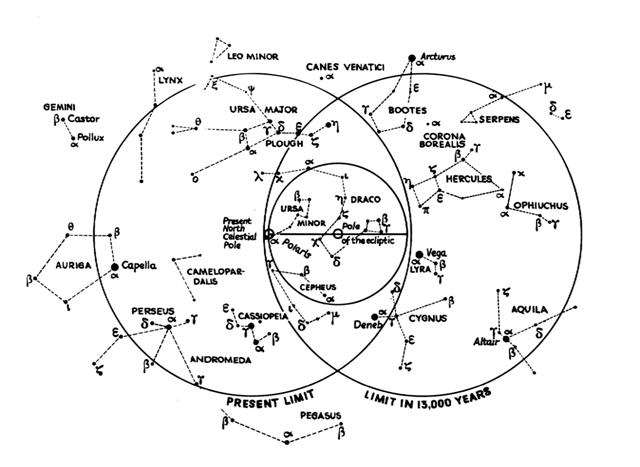
And
presumably this was his way to refer to
a place arriving soon (5 days) after the 'face of the mirror',
... But the time of his predestined defeat by
the dark brother, Tezcatlipoca,
was ever approaching, and, knowing perfectly the rhythm of his
own destiny, Quetzalcoatl would
make no move to stay it. Tezcatlipoca,
therefore, said to his attendants, 'We shall give him a drink to
dull his reason and show him his own face in a mirror; then,
surely, he will be lost' ..
.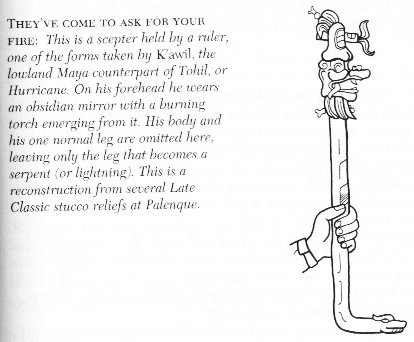
i.e. the December solstice
where the Sun King was due to be 'liquidated' (μ
↔ η).
... Behind me, towering almost 100 feet
into the air, was a perfect ziggurat, the Temple of
Kukulkan. Its four stairways had 91 steps each. Taken
together with the top platform, which counted as a further
step, the total was 365. This gave the number of complete
days in a solar year. In addition, the geometric design and
orientation of the ancient structure had been calibrated
with Swiss-watch precision to achieve an objective as
dramatic as it was esoteric: on the spring and autumn
equinoxes, regular as clockwork, triangular patterns of
light and shadow combined to
create the illusion of a giant serpent undulating on the
northern staircase ...
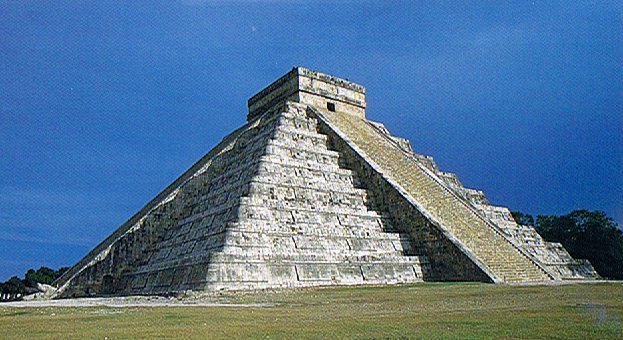
... Atea then became the wife
of Rua-tupua-nui, Source of Great Growth, and
they became the parents of all the celestial beings,
first the shooting stars, then the Moon and the Sun,
next the comets, then the multitude of stars and
constellations, and finally the bright and dark nebulae.
When this tremendous task had been accomplished Atea
took a third husband, Fa'a-hotu, Make Fruitful.
Then occurred a curious event. Whether Atea had
wearied of bringing forth offspring we are not told, but
certain it is that Atea and her husband
Fa'a-hotu exchanged sexes. Then the eyes of Atea
glanced down at those of his wife Hotu and they
begat Ru. It was this Ru who explored the
whole earth and divided it into north, south, east, and
west ...
|
Dec 5 |
6 (340) |
 |
 |
|
Cb3-1 (50) |
Cb3-2 (443) |
|
E vae ra - ka oho - ki te henua -
kua huki |
ku kikiu
- te henua |
|
Va'e: Foot, leg; te va'e
mata'u, te va'e maúi, right foot, left foot.
Va'e ruga, va'e raro, quick and light, without
detour (lit.: foot up, foot down). Ka-oho koe ki
a nua era va'e ruga va'e raro, ina ekó hipa-hipa,
hurry straight to your mother, do not make any
detours. Va'e pau, misshapen foot, clubfoot.
Vae, to choose. Vaega, middle, centre;
i vaega o, in the middle of. Vanaga. 1. Foot,
paw, leg, limb; vae no roto, drawers;
karikari vae, ankle. P Pau.: vaevae,
foot, leg. Mgv.: vaevae, id. Mq.: vae,
id. Ta.: vaevae, avae, id. 2. Pupil.
3. To choose, elect, prefer, promote, vote; vavae,
to destine, to choose; vaea (vae 2),
pupil. Vaeahatu (vae 1 - ahatu):
moe vaeahatu, to sleep sprawling with legs
extended. Vaega, center, middle, within,
half; o vaega, younger; ki vaega,
among, between, intermediate. P Pau.: vaega,
the middle. Mgv.: vaega, center, middle. Mq.:
vaena, vavena, vaveha, id. Ta.:
vaehaa, half. Vaehakaroa (vae 1
- roa): moe vaehakaroa, to sleep with
legs stretched out. Vaehau (vae 1 -
hau 3), pantaloons, trousers. Vaeherehere
(vae 1 - here 1), to attach by the
paw. Vaerere (vae 1 - rere 1),
to run. Churchill. Ta.: 1. Timbers of a boat. Ha.:
wae, knees, side timbers of a boat. 2. To
share out. Sa.: vae, to divide, to share.
Ma.: wawae, to divide. Churchill. |
|
5h (*76.1)
ε
Leporis (76.0),
CURSA (Footstool) =
β
Eridani (76.4),
λ Eridani (76.7)
*35.0 = *76.4 - *41.4 |
μ
Aurigae, μ Leporis
(77.6) |
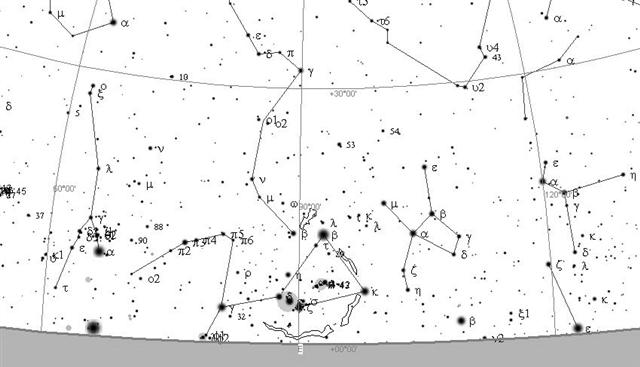 |
... needfire ceremonies usually take
place near the summer solstice (the Feast of St. John) ...
but they occur in several other seasons as well. The summer
date of the rite and its accompanying festival have to do,
among other things, with fertility, as can can clearly be
seen in a variant from the valley of the Moselle preserved
for us by Jakob Grimm. Each household in the village was
constrained to contribute a shock of straw to the nearby
high place, Stromberg, where the males went at evening while
the females went to a spring lower down on the slope. A huge
wheel was wrapped with this straw. An axle run through the
wheel served as the handles for those who were to guide it
on its downward plunge. The mayor of a nearby town kindled
the straw, for which office he was rewarded with a basketful
of cherries. All the men kindled torches and some followed
the burning orb as it was released downhill to shouts of
joy. The women at the spring echoed these shouts as the
wheel rushed by them. Often the fire went out of its own
accord before it reached the river, but should the waters of
the river extinguish it, an abundant vintage was forecast
for that year ...
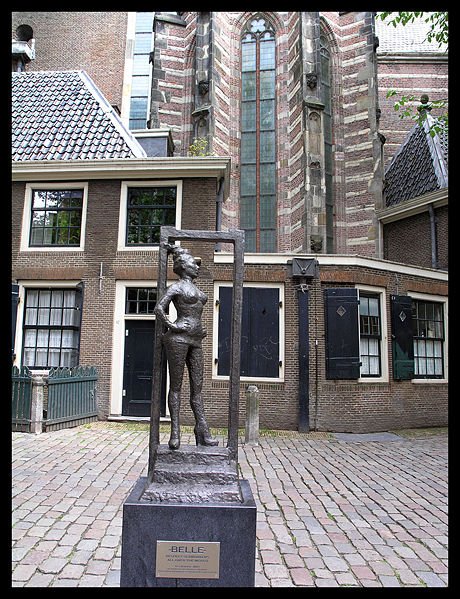
|
 |
 |
 |
|
Cb3-2 (51) |
Cb3-3 |
Cb3-4 |
|
Dec 6
(340) |
7 (11 *
31) |
8 (2 *
171) |
|
RAS
ALGETHI (*260) |
ALRISHA
|
ARCTURUS
|
|
June 6
(157) |
7 (2 *
79) |
8 (3 *
53) |
|
ku kikiu
- te henua |
THUBAN
|
e
kava |
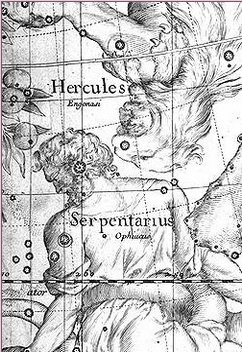 |
... In other words, the ancient Druidic
religion based on the oak-cult will be swept away by
Christianity and the door - the god Llyr - will languish
forgotten in the Castle of Arianrhod, the Corona Borealis.
This helps us to understand the relationship at Rome of
Janus and the White Goddess Cardea who is ... the Goddess of
Hinges who came to Rome from Alba Longa. She was the hinge
on which the year swung - the ancient Latin, not the
Etruscan year - and her importance as such is recorded in
the Latin adjective cardinalis - as we say in English
'of cardinal importance - which was also applied to the four
main winds; for winds were considered as under the sole
direction of the Great Goddess until Classical times
...
|
Dec 16 (350) |
17 |
18 |
19 |
20 (354) |
Solstice |
 |
 |
 |
 |
 |
 |
|
Ea2-1
(33) |
Ea2-2 |
Ea2-3 |
Ea2-4 |
Ea2-5 |
Ea2-6 (32
+ 6) |
|
E tagata vaha ura - e
rere te toki - e rere ki uta |
rere te toki rere
ki te vao - e hokohuki rere te toki - rere
ki uta i te henua - rere te toki |
|
Vaha.
Hollow; opening; space between the
fingers (vaha rima); door cracks (vaha
papare). Vahavaha, to fight, to
wrangle, to argue with abusive words.
Vanaga. 1. Space, before T; vaha takitua,
perineum. PS Mgv.: vaha, a space, an
open place. Mq.: vaha, separated, not
joined. Ta.: vaha, an opening. Sa.:
vasa, space, interval. To.: vaha,
vahaa, id. Fu.: vasa, vāsaà,
id. Niuē: vahā.
2. Muscle, tendon; vahavaha,
id. Vahahora
(vaha
1 - hora
2), spring. Vahatoga
(vaha
1 - toga
1), autumn. 3. Ta.: vahavaha,
to disdain, to dislike. Ha.:
wahawaha,
to hate, to dislike. Churchill.
Ura,
lobster. Ûra, flame, blaze (ûra
ahi), to become furious (with manava
as subject: ku-ûra-á te manava).
Úraúra, bright red. Vanaga. 1. Crayfish,
lobster, prawn. P Mgv.: ura,
crayfish. Mq.: uá, lobster. Ta.:
oura, crayfish, lobster. 2. Fire,
burning, to be in flames; uraga,
combustion, flame, torch; hakaura, to
cause to glow, to kindle, to light. P Mgv.,
Ta.: ura, a flame, to burn. Mq: uá,
id. Uraga, burden, load, weight.
Uraura, vermilion, scarlet. P Pau.:
kurakura, red. Mgv.: uraura, an
inflamed countenance. Mq.: uáuá, red,
ruddy. Ta.: uraura, red. Churchill.

Vao.
Mgv.: vao, uninhabited land. Ta.:
? [obliterated text] ... of the valleys.
Mq.: vao, bottom of a valley. Sa.:
vao, the bush. Ma.: wao, the
forest. Churchill. |
|
Ardra-6 (The Moist
One)
/
ANA-VARU-8 (Pillar to sit by)
χ¹
Orionis,
ξ
Aurigae (88.1),
BETELGEUZE = α Orionis
(88.3),
ξ
Columbae (88.5),
σ
Columbae (88.7)
ZUBEN ELGENUBI (α Librae)
|
η
Leporis (89.0),
PRAJA-PĀTI (Lord of Created Beings) =
δ
Aurigae,
MENKALINAN (Shoulder of the Rein-holder) =
β
Aurigae, MAHASHIM (Wrist) =
θ
Aurigae,
and
γ
Columbae (89.3),
π
Aurigae
(89.4),
η
Columbae (89.7)
*48.0 = *89.4 - *41.4 |
μ Orionis (90.3), χ² Orionis (90.5) |
6h (91.3)
ν
Orionis (91.4),
θ
Columbae (91.5),
π
Columbae (91.6)
*50.0 = *91.4 - *41.4 |
ξ Orionis
(92.5) |
Al Han'ah-4 (Brand)
/
Maru-sha-pu-u-mash-mashu-7 (Front of the
Mouth of the Twins)
TEJAT PRIOR =
η
Gemini
(93.4),
γ
Monocerotis (93.5),
κ
Aurigae
(93.6),
κ
Columbae (93.8)
*52.0 = *93.4 - *41.4 |
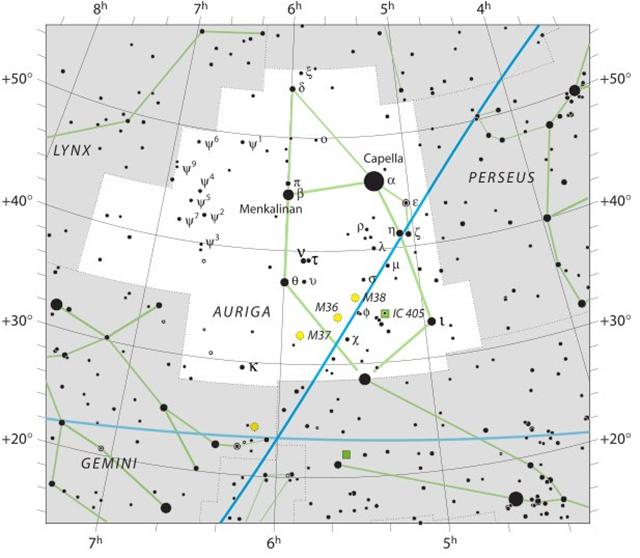 |
|
4-14 →
41.4 |
APRIL 15 |
16 |
17 (107) |
18 |
19 (*29) |
|
Dec 22 |
23 (357) |
24 |
25 |
26 (360) |
27 (19 *
19) |
 |
 |
 |
 |
 |
 |
|
Ea2-7 |
Ea2-8 (35
+ 5) |
Ea2-9 |
Ea2-10
(42) |
Ea2-11 |
Ea2-12 |
|
rere ki te marama |
koia ra |
kua oho ki te marama |
e tagata oho era - ki
roto o to vai e |
ihe hokohuki -
ku kikiu |
te kiore ki te henua - e
ku kikiu te
kiore |
|
Roto.
1. Inside. 2. Lagoon (off the coast, in
the sea). 3. To press the juice out of a
plant; taheta roto pua, stone vessel
used for pressing the juice out of the
pua plant, this vessel is also just
called roto. Roto o niu, east
wind. Vanaga. 1. Marsh, swamp, bog; roto
nui, pond; roto iti, pool. 2.
Inside, lining; o roto, interior,
issue; ki roto, within, into, inside,
among; mei roto o mea, issue; no
roto mai o mea, maternal; vae no roto,
drawers. Churchill.
Ana-roto.
Spica.
Kikiu. 1. Said of
food insufficiently cooked and therefore
tough: kai kikiu. 2. To tie securely;
to tighten the knots of a snare:
ku-kikiu-á te hereíga, the knot has been
tightened. 3. Figuratively: mean, tight,
stingy; puoko kikiu. a miser; also:
eve kikiu. 4. To squeak (of rats,
chickens). Kiukiu, to chirp (of
chicks and birds); to make short noises. The
first bells brought by the missionaries were
given this name. Vanaga. Kiukiu (kikiu).
1. To resound, to ring, sonorous, bell,
bronze; kiukiu rikiriki, hand bell;
tagi kiukiu, sound of a bell;
kikiu, to ring, the squeeking of rats;
tariga kikiu, din, buzzing;
hakakiukiu, to ring. Mgv.: kiukiu,
a thin sound, a soft sweet sound. 2. To
disobey, disobedience; mogugu kiukiu,
ungrateful; ka kikiu ro, to
importune. Churchill.
Kiore. Rat. Vanaga.
Rat, mouse; kiore hiva, rabbit. P
Pau., Mgv.: kiore, rat, mouse. Mq.:
kioē,
íoé,
id. Ta.: iore,
id. Churchill.
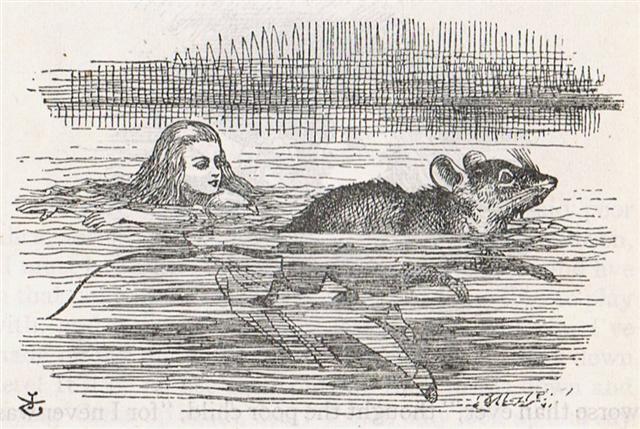
... In
China, with Capricornus, Pisces, and a part
of Sagittarius, it [Aquarius] constituted
the early Serpent, or Turtle, Tien Yuen;
and later was known as Hiuen Ying,
the Dark Warrior and Hero, or Darkly
Flourishing One, the Hiuen Wu, or
Hiuen Heaou, of the Han dynasty,
which Dupuis gave as Hiven Mao. It
was a symbol of the emperor Tchoun Hin,
in whose reign was a great deluge; but after
the Jesuits came in it became Paou Ping,
the Precious Vase. It contained three of the
sieu, and headed the list of zodiac signs as
the Rat, which in the far East was
the ideograph for 'water', and still so
remains in the almanacs of Central Asia,
Cochin China, and Japan ... |
|
FURUD = ζ Canis Majoris
(94.9) |
Well-22 (Tapir)
/
Arkū-sha-pu-u-mash-mashu-8 (Back of the
Mouth of the Twins)
δ
Columbae (95.2),
TEJAT POSTERIOR =
μ
Gemini, MIRZAM (The Roarer) =
β
Canis Majoris (95.4),
CANOPUS (Canopy)
=
α
Carinae
(95.6),
ε
Monocerotis (95.7),
ψ1
Aurigae (95.9)
*54.0 = *95.4 - *41.4 |
No star listed (96) |
β Monocerotis, ν Gemini (97.0) |
No
star listed (98) |
Aurigae (99.4), ψ2 Aurigae (99.5)
GEMMA (α Cor. Bor.) |
 |
|
APRIL 20 |
21 |
22 |
23 |
24 |
25 (115) |
|
In Manuscript E, we can
assume, the dates were given according to
the Sun calendar, and therefore we should be
able to put in parallel APRIL 25 with not
only the culmination (at 21h) of Gemma in
Corona Borealis but also with the day
when the Explorers sailed away from their
old homeland in search for
the promised
Easter Island.
... In
other words, the ancient Druidic religion
based on the oak-cult will be swept away by
Christianity and the door - the god Llyr -
will languish forgotten in the Castle of
Arianrhod, the Corona Borealis. This
helps us to understand the relationship at
Rome of Janus and the White Goddess Cardea
who is ... the Goddess of Hinges who came to
Rome from Alba Longa. She was the hinge on
which the year swung - the ancient Latin,
not the Etruscan year - and her importance
as such is recorded in the Latin adjective
cardinalis - as we say in English 'of
cardinal importance - which was also applied
to the four main winds; for winds were
considered as under the sole direction of
the Great Goddess until Classical times
...
... On
the twenty-fifth day of the first month (Vaitu
Nui), Ira and Makoi set
sail; on the first day of June ('Maro'),
the bow of Ira's canoe appeared on
the distant horizon, came closer and closer
on its course, and sailed along, and finally
(one) could see the (new home) land ... [E:17] |
Finally, in day 364 (December 30) the shape of the old year
(its ship) was de-parted (dis-integrated):
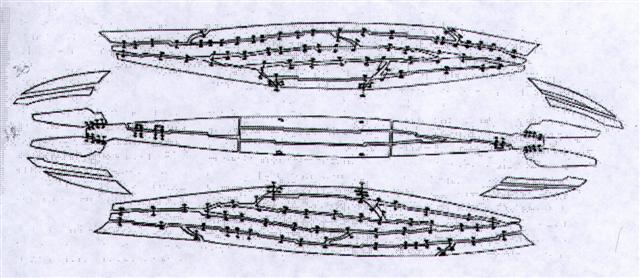
... Presented the drink to quaff, he
refused it, saying that he was ill; but urged to taste it
from the tip of his finger, he did so and was immediately
overpowered by its magic. He lifted the bowl and was drunk.
He sent for Quetzalpetlatl,
his sister, who dwelt on the Mountain Nonoalco.
She came, and her brother gave her the bowl, so that she too
was drunk. And with all reason forgotten, the two that night
neither said prayers nor went to the bath, but sank asleep
together on the floor. And in the
morning Quetzalcoatl said,
in shame, 'I have sinned; the stain of my name cannot be
erased. I am not fit to rule this people. Let them build a
habitation for me deep under the ground; let them bury my
bright treasures in the earth; let them throw the glowing
gold and shining stones into the Precious Waters where I
take my nightly bath. And all this was done. The king
remained four days in his underground tomb, and when he came
forth he wept and told his people that the time had come for
his departure to the Red Land, the Dark Land, the Land of
Fire ...
|
Dec 28 |
29 → 408 - 45 =
363 |
30 (361 + 3) |
 |
 |
 |
|
Ea2-13 |
Ea2-14 → 45 |
Ea2-15 |
|
e tagata - rere toki |
ki te henua |
e tagata hakakaikai toki - ki te
henua koti |
|
Kaikai. 1. Cat's cradle, in
which patterns are made by moving a thread through
the fingers of both hands, and are accompanied by
the recitation of verses (one of the main pastimes
of yore). 2. Sharp: also 'to sharpen' used instead
of hakaka'ika'i. Vanaga. 1. Mastication, to
eat heavily. 2. Sharp, cutting, edge of a sword,
point of a lance; moa tara kaikai, cock with
long spurs. Churchill.
Koti. Kotikoti. To cut with
scissors (since this is an old word and scissors do
not seem to have existed, it must mean something of
the kind). Vanaga. Kotikoti. To tear;
kokoti, to cut, to chop, to hew, to cleave, to
assassinate, to amputate, to scar, to notch, to
carve, to use a knife, to cut off, to lop, to gash,
to mow, to saw; kokotiga kore, indivisible;
kokotihaga, cutting, gash furrow. P Pau.:
koti, to chop. Mgv.: kotikoti, to cut, to
cut into bands or slices; kokoti, to cut, to
saw; akakotikoti, a ray, a streak, a stripe,
to make bars. Mq.: koti, oti, to cut,
to divide. Ta.: oóti, to cut, to carve;
otióti, to cut fine. Churchill. Pau.: Koti,
to gush, to spout. Ta.: oti, to rebound, to
fall back. Kotika, cape, headland. Ta.:
otiá, boundary, limit. Churchill.
vaka
↔
kava
↕
toki
↔
koti
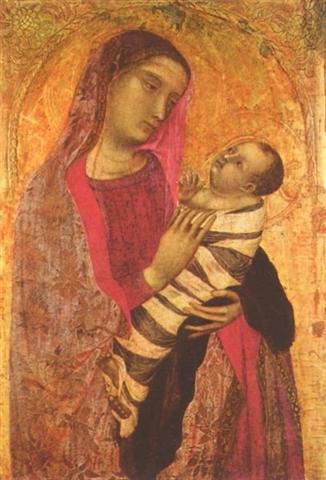 |
|
ψ4 Aurigae (100.5),
MEBSUTA (Outstretched) = ε Gemini
(100.7) |
SIRIUS = α Canis Majoris
(101.2), ψ5 Aurigae
(101.4), ν Gemini (101.6), ψ6 Aurigae (101.7)
*60.0 = *101.4 - *41.4 |
τ
Puppis (102.2),
ψ7 Aurigae
(102.4)
*61.0 = *102.4 - *41.4 |
|
OCT 26 |
27 (300 → 363 -
63) |
28 (→ 365 - 64) |
Cat's
Cradle ↔
Harvest Basket
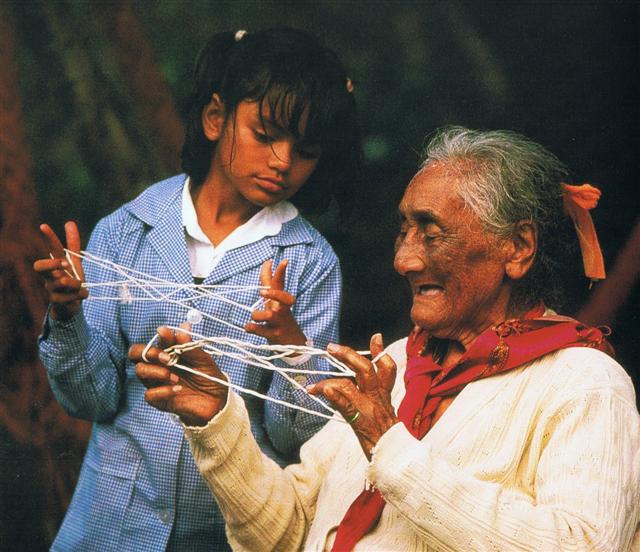
|























